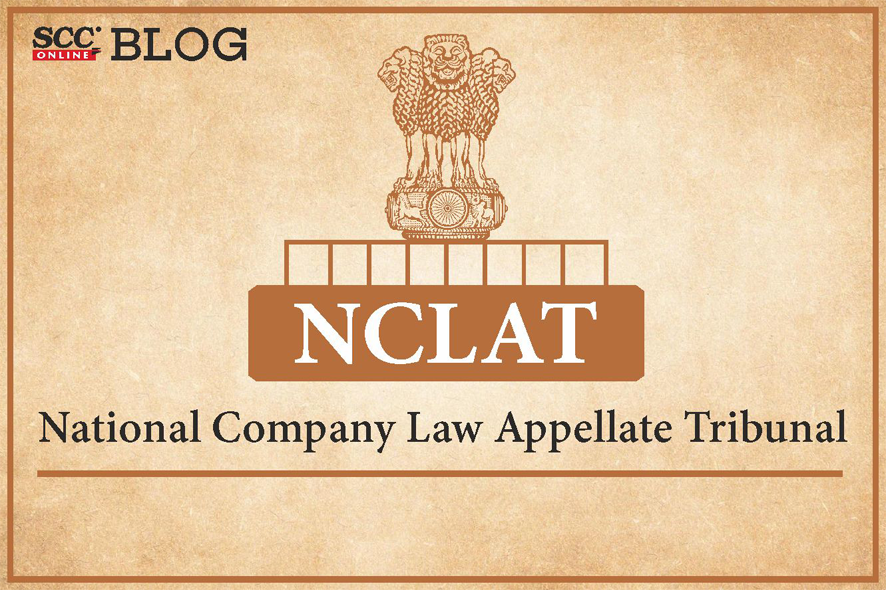National Company Law Appellate Tribunal, New Delhi: A Division bench comprising of Rakesh Kumar, J., and Dr. Alok Srivastava* (Technical Member) reduced the penalty imposed on the appellant ‘Geep Industries’ for their anti-competitive behaviour taking into account the mitigating factors such as appellant’s business dynamics and situation in the market.
Factual Matrix
In the present matter, the appellant is a private company interested in multiple sectors including trading of dry cell batteries procured from other manufacturers under the trademark ‘GEEP’.
The appellant entered a ‘Product Supply Agreement’ (PSA) on 01-10-2010 with respondent 3 (Panasonic Energy India Co. Ltd. – PECIN) who themselves sell self-manufactured batteries under the brand name ‘Panasonic’, to manufacture Zinc and Aluminum chloride dry cell batteries and supplied them to the appellant who would then sell them under their brand name ‘GEEP’. The Respondent 2 (Panasonic Corporation, Japan) and respondent 3 filed a ‘Lesser Penalty Application’ before the Competition Commission of India (CCI) under S. 46 of the Competition Act, 2002 (the Act) read with Regn. 5 of the Competition Commission of India (Lesser Penalty) Regulations, 2009 (the Regulations).
The Competition Commission of India (CCI) vide order dated 30-08-2018 imposed high penalty of @4% of the average turnover of 3 years on appellant for their anti-competitive behaviour. Aggrieved by the impugned order dated passed by the CCI, the appellant preferred an appeal under S. 53B (1) of the Act, 2002 challenging the same.
Appellant’s Contentions
The appellant contended that Geep is a very small player in the market, therefore, is in no position to substantially influence competition in the said market.
The appellant contended that CCI(respondent 1) should levy a penalty amount which is proportionate to the offence which would act as a deterrent in the future conduct of appellant in the market rather than wiping off appellant’s business.
Respondent’s Contentions
The CCI (respondent 1) contended that appellant’s anti-competitive behavior can clearly be found from DG’s Investigation and the appellant also violated S. 3 of the Act by not providing any defence to its anti-competitive behavior, therefore, are rightly liable for the penalty levied by the CCI. The CCI further contended that the Lesser Penalty Regulations’ and S. 46 of the Act allows the party preferring the ‘Lesser Penalty Application’ to be let off in a lenient manner, but same cannot be done with the appellant who is found to be contravening the law.
NCLAT’s observation
Relying on S. 3 of the Act, NCLAT observed that “once an agreement has been entered into by parties which is in contravention of the provision of sub-section 1 of section 3, shall be ‘presumed’ to have an appreciable adverse effect on competition, and such behaviour is anti-competitive that would invite penalty under section 27 of the Act.”
The NCLAT observed that in the present case, the parties entered PSA for manufacture and supply of dry cell batteries. Clause 4.3 of the PSA restricts the appellant from taking steps detrimental to respondent 3’s market interest particularly with respect to market prices and to comply with the level of prices as agreed after periodic review of market conditions by respondent 3.
The NCLAT observed that in terms of quantum of penalty which was levied on the appellant regarding the offensive behavior, “should be seen in this context and background, and it would be a mitigating factor.” NCLAT further observed that taking into account the facts and circumstances of the present cases, the mitigating factor while imposing penalty on the appellant should be that the appellant which holds a miniscule share of the total market i.e. less than 1%, was not in a position to influence competition in the market by resorting to price fixation by participating in the ‘bilateral ancillary cartel’, moreover, the penalty imposed on the appellant is certainly exorbitant if we look into the annual turnover and profits of the appellant and it would h be fatal for the appellant’s business and would eventually throw the appellant out of the market.
Relying on S.N. Mukherjee v. Union of India, (1990) 4 SCC 594, the NCLAT observed that CCI should have given appropriate reasons for imposing a penalty @4% on the appellant which is not apparent from the impugned order.
NCLAT’s Verdict
While reducing the penalty to @1% of the turnover for each year of continuance of the cartel, the NCLAT held that the quantum of penalty should be such that it acts as a deterrent and regulate anti-competitive behaviour.
“We consider Geep Industries business dynamics and situation in the market to be such that it was neither in a negotiating strength vis-à-vis PECIN nor having a market share that could actually influence the price in the said market. In view of such a situation, and fully conscious of the fact that Geep Industries has turned losses in the first three years under review by CCI of its anti-competitive behavior, we are of the view that Geep deserves a further reduction in the imposed penalty.”
[Pushpa M. v. CCI, 2023 SCC OnLine NCLAT 143, decided on 31-03-2023]
*Judgment by Dr. Alok Srivastava
Advocates who appeared in this case:
Mr. Balaji Subramanian, Ms Aayushi Sharma and Mr. Akash Kundu, Counsel for the Appellant;
Mr. Naveen R. Nath (Senior Advocate), Mr Avinash Sharma, Ms Akanksha Kapoor and Mr. Siddhant Chaudhary, Counsel for the Respondent No. 1;
Ms Shama Nargis, Dy. Director (Law) CCI.






